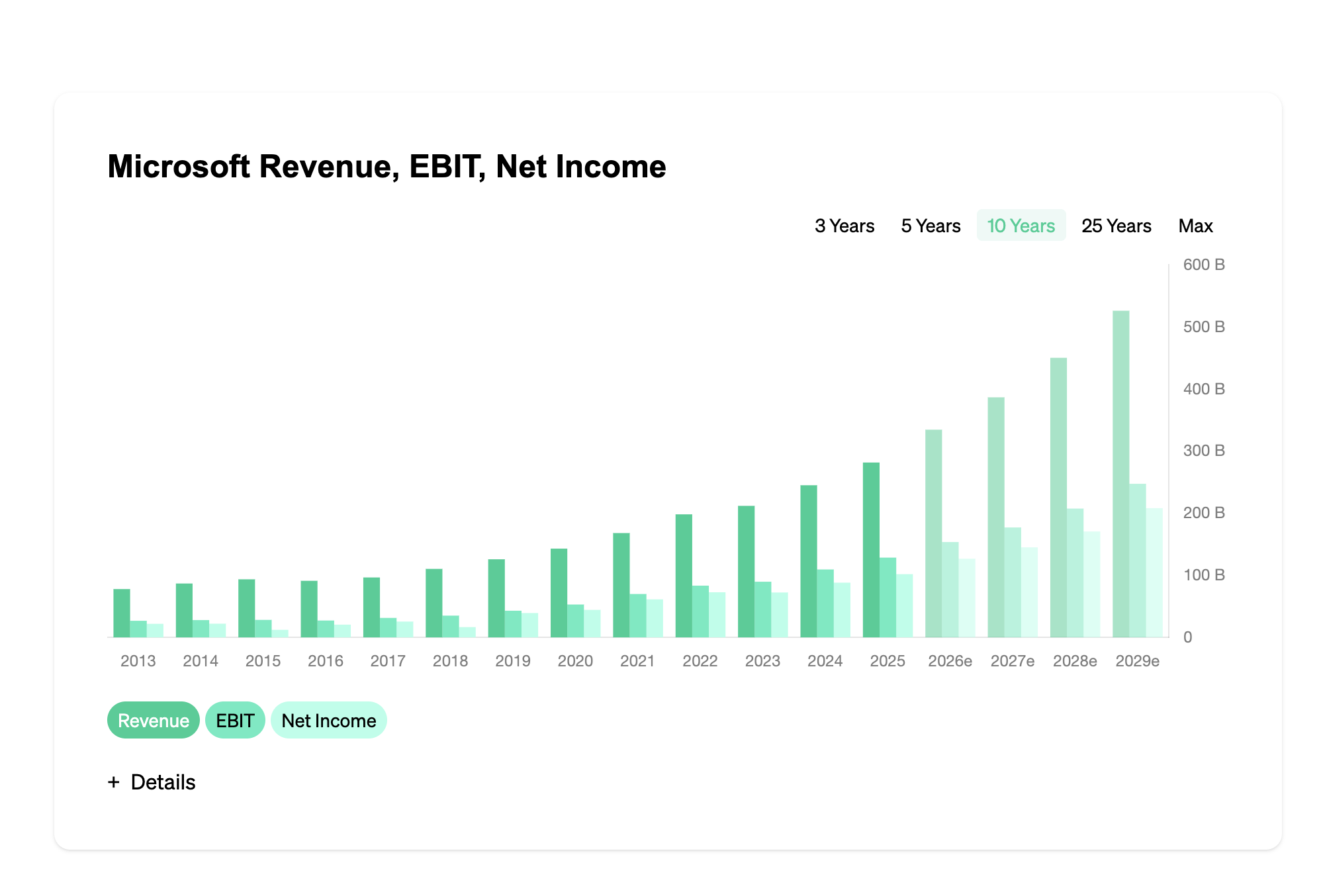Build Own Operate
Definition and Explanation
TL;DR – Brief Definition
Go to FAQs →Build Own Operate: Definition: "Build-Own-Operate" (BOO) describes a business model commonly used in infrastructure development and project financing. It refers to a contractual arrangement where a party, usually a private company or consortium, assumes the responsibility for designing, constructing, owning, and operating a facility or infrastructure asset. This model is prevalent in various sectors, including energy, transportation, telecommunications, and public-private partnerships (PPP). "Build-Own-Operate" projects typically involve a lengthy contractual framework known as a concession agreement, which outlines the rights, obligations, and financial arrangements between the project company and the public entity or grantor. The project company assumes the risk involved in developing and operating the asset, usually financing a significant portion of the project costs through debt and equity. From a financial perspective, the project company may secure funding from various sources, including commercial banks, development banks, institutional investors, and capital markets. The funds acquired are primarily used to finance construction and acquisition costs. The company then generates revenue by operating the asset and charging users (e.g., toll fees for roads, electricity tariffs for power plants) or through a concession fee, as agreed upon in the concession agreement. The "Build-Own-Operate" model offers advantages to both the project company and the grantor. For the project company, it allows them to participate in infrastructure development, providing a steady revenue stream over an extended period. Additionally, the concession agreement guarantees the project company exclusive rights to operate the asset during the concession period. On the other hand, the grantor benefits from "Build-Own-Operate" projects by transferring the risks associated with infrastructure development, operation, and maintenance to the project company. In the case of PPPs, this model allows the government to leverage private sector expertise and resources, avoiding the burden of financing infrastructure projects solely using public funds. Overall, the "Build-Own-Operate" model has proven to be an effective mechanism for infrastructure development and finance. Its flexibility and potential for attracting private investment have made it a popular choice for various capital market participants seeking opportunities in infrastructure projects. With well-structured contractual agreements and sound financial management, "Build-Own-Operate" projects can lead to successful investments, spurring economic growth while fulfilling societal needs. As a leading platform for equity research and finance news, Eulerpool.com provides comprehensive insights into the "Build-Own-Operate" model and its applications in capital markets. With our glossary, investors and market participants can stay informed about this and other terms related to stocks, loans, bonds, money markets, and cryptocurrencies. Stay updated with the latest trends and developments in the industry, supporting your investment decisions with expert knowledge. Visit Eulerpool.com today!
Detailed Definition
Frequently Asked Questions about Build Own Operate
Was bedeutet Build Own Operate?
Definition: "Build-Own-Operate" (BOO) describes a business model commonly used in infrastructure development and project financing. It refers to a contractual arrangement where a party, usually a private company or consortium, assumes the responsibility for designing, constructing, owning, and operating a facility or infrastructure asset.
Wie wird Build Own Operate beim Investieren verwendet?
„Build Own Operate“ hilft dabei, Informationen einzuordnen und Entscheidungen an der Börse besser zu verstehen. Wichtig ist immer der Kontext (Branche, Marktphase, Vergleichswerte).
Woran erkenne ich Build Own Operate in der Praxis?
Achte darauf, wo der Begriff in Unternehmensberichten, Kennzahlen oder Nachrichten auftaucht. In der Regel wird „Build Own Operate“ genutzt, um Entwicklungen zu beschreiben oder Größen vergleichbar zu machen.
Welche typischen Fehler gibt es bei Build Own Operate?
Häufige Fehler sind: falscher Vergleich (Äpfel mit Birnen), isolierte Betrachtung ohne Kontext und das Überinterpretieren einzelner Werte. Nutze „Build Own Operate“ zusammen mit weiteren Kennzahlen/Infos.
Welche Begriffe sind eng verwandt mit Build Own Operate?
Ähnliche Begriffe findest du weiter unten unter „Leserfavoriten“ bzw. verwandten Einträgen. Diese helfen, „Build Own Operate“ besser abzugrenzen und im Gesamtbild zu verstehen.
Favorit Pembaca di Kamus Bursa Eulerpool
Umschwung
Umschwung ist ein Begriff, der in den Kapitalmärkten verwendet wird, um eine Veränderung oder einen Wendepunkt in der allgemeinen Marktbewegung zu beschreiben. Es handelt sich um eine Situation, in der...
Distributions to Owners
Distributionen an Eigentümer bezeichnen die Auszahlungen von Gewinnen oder Kapital an die Inhaber von Unternehmen oder Investoren. Diese Auszahlungen können in verschiedenen Formen erfolgen, darunter Dividenden, Rückkäufe von Aktien oder...
Neubewertungsrücklage
Die "Neubewertungsrücklage" ist ein Begriff, der in der Kapitalmärkte-Welt häufig verwendet wird und sich auf eine spezielle Art von Rücklagen bezieht, die in der Bilanz eines Unternehmens erscheinen. Diese Rücklagen...
DAX 100
Die DAX 100 ist ein führender Aktienindex, der die Wertentwicklung der 100 größten börsennotierten Unternehmen in Deutschland repräsentiert. Sie wird von der Deutschen Börse berechnet und veröffentlicht und ist eines...
Warenzeichenrecht
Das Warenzeichenrecht bezieht sich auf das Rechtssystem, das den Schutz von Warenzeichen oder Marken gewährleistet. Es ist ein Bereich des geistigen Eigentumsrechts und spielt eine entscheidende Rolle für Unternehmen in...
Frachtvertrag
Frachtvertrag - Definition, Bedeutung und Anwendung in den Kapitalmärkten Im Kontext der Investitionen in Kapitalmärkte spielen Frachtverträge eine entscheidende Rolle. Ein Frachtvertrag bezieht sich auf eine rechtliche Vereinbarung zwischen dem Absender...
Planungsprozess
Der Planungsprozess ist ein strategischer und zentraler Bestandteil des Finanzmanagements und bezeichnet den systematischen Ansatz zur Entwicklung, Umsetzung und Kontrolle von Unternehmenszielen in der Finanzbranche. Dieser Prozess zielt darauf ab,...
Skonto
Skonto ist ein Begriff aus der Finanzwelt, der sich auf einen Preisnachlass bezieht, der gewährt wird, um Kunden zu ermutigen, eine Rechnung vorzeitig zu begleichen. Diese Praxis wird häufig in...
Meldewesen
"Meldewesen" ist ein Begriff aus dem deutschen Finanzwesen, der eng mit der Regulierung und Überwachung der Finanzmärkte verbunden ist. Das Meldewesen bezieht sich auf das System, durch das Finanzinstitute und...
Objektorientierung
Objektorientierung ist ein grundlegendes Konzept in der Softwareentwicklung, das auf der Idee beruht, dass Programme aus miteinander verbundenen "Objekten" bestehen, die Daten und Funktionen aufweisen. Dieser Ansatz ermöglicht die Modellierung...

